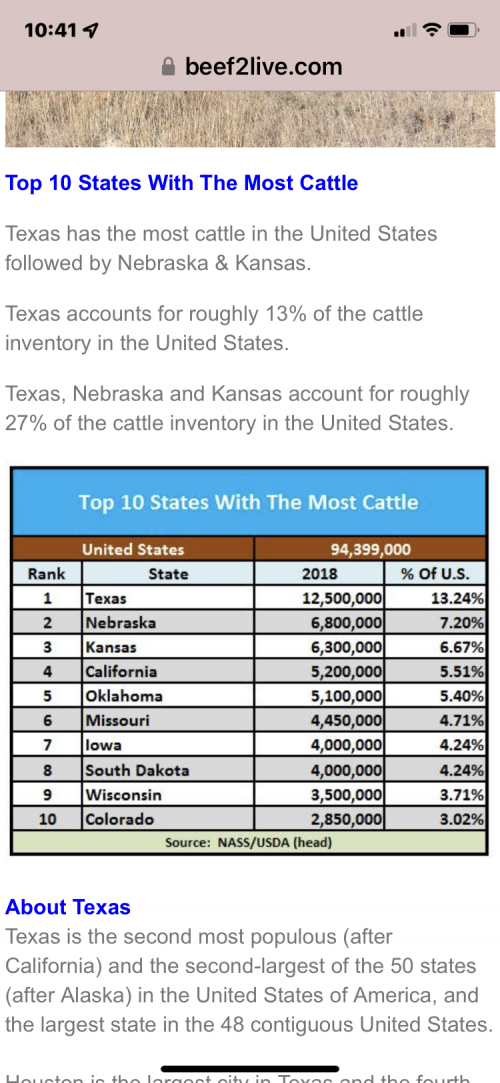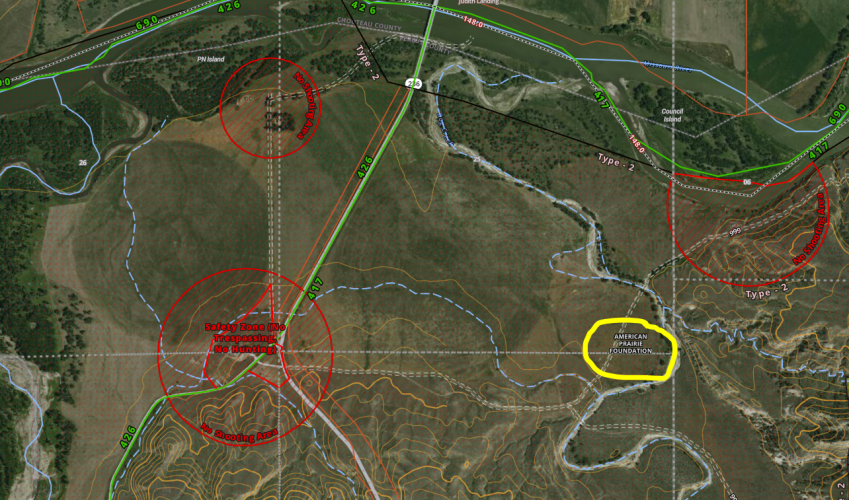T
tjones
Guest
In Gila's defense, The MT. governor (R) and the new MT AG (R) didn't know bison are livestock either.Gila,
Here is a link that will discuss your concern. Take a look at Concern ID #2.
Knowing you will just try to pull another rabbit out of your hat, please look some of the other comments and responses.







